As 65-year-old retiree Margaret Jenkins navigated the complexities of Medicare open enrollment, she found herself torn between the traditional government program she had always envisioned and a private alternative that promised more comprehensive coverage. With the help of her insurance broker, she eventually chose the private option, Medicare Advantage, which now covers more than half of the program's 65 million beneficiaries. But what exactly happened to Medicare, and what does this shift mean for the millions of Americans relying on it?
Medicare, the crown jewel of America's welfare state, has undergone a subtle yet profound transformation over the past few decades. Once a government-run program, it has increasingly become a public benefit provided by private companies. This shift has major implications for both patients and taxpayers, as the lines between public and private healthcare continue to blur.
At the heart of this transformation is Medicare Advantage, a private version of the program that allows insurance companies to offer Medicare benefits to seniors. These plans often come with additional perks, such as gym memberships, dental coverage, and even meal delivery services. But critics argue that these plans can also lead to overutilization of healthcare services, driving up costs and potentially compromising the quality of care.
One of the key drivers of this shift is the Medicare Modernization Act of 2003, which allowed private companies to offer Medicare Advantage plans. The law also introduced a payment system that rewarded insurers for enrolling healthy patients, while penalizing them for enrolling sicker ones. This created a perverse incentive for insurers to cherry-pick the healthiest patients, leaving the sickest ones to the traditional Medicare program.
Today, Medicare Advantage plans cover more than 30 million seniors, or about 53% of the program's beneficiaries. These plans are often marketed as a more comprehensive and convenient alternative to traditional Medicare, with many offering additional benefits and services not available through the government program.
But not everyone is convinced that Medicare Advantage is the better option. Dr. David Blumenthal, a former national coordinator for health information technology and a prominent critic of Medicare Advantage, argues that these plans can lead to "overutilization and overpayment" of healthcare services. "When you give private companies a financial incentive to enroll healthy patients, they're going to do just that," he says. "And that can lead to a whole host of problems, including overtesting, overprescribing, and unnecessary hospitalizations."
On the other hand, proponents of Medicare Advantage argue that these plans offer seniors more choices and flexibility than traditional Medicare. "Medicare Advantage plans are designed to meet the unique needs of seniors, who often require more comprehensive care than the traditional program can provide," says Matt Eyles, president and CEO of America's Health Insurance Plans, a trade association that represents the insurance industry. "These plans offer a range of benefits and services that are not available through traditional Medicare, and they often come with lower out-of-pocket costs for patients."
As the debate over Medicare Advantage continues, one thing is clear: the future of the program will be shaped by the choices made by seniors like Margaret Jenkins. With the open enrollment period now underway, millions of Americans will be deciding whether to stick with traditional Medicare or opt for a private alternative. The consequences of these choices will be felt for years to come, as the lines between public and private healthcare continue to blur.
In the end, the story of Medicare's transformation is a complex and multifaceted one, driven by a mix of policy decisions, market forces, and consumer preferences. As the program continues to evolve, one thing is certain: the future of healthcare in America will be shaped by the choices made by seniors, policymakers, and private companies alike.



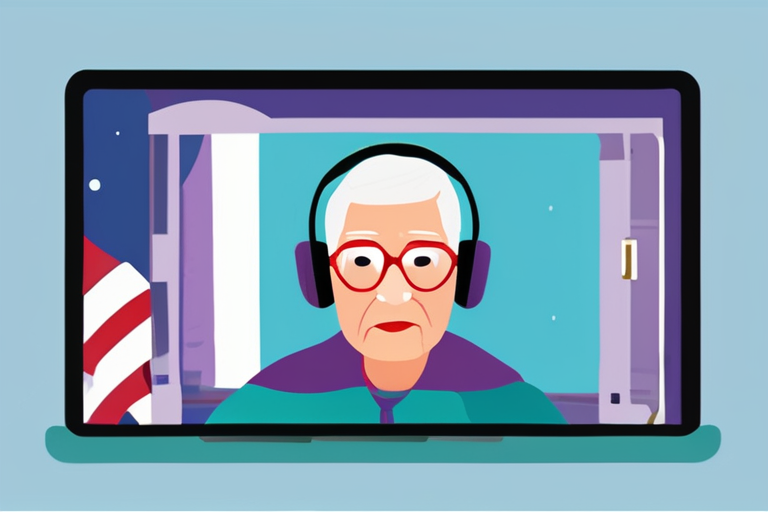
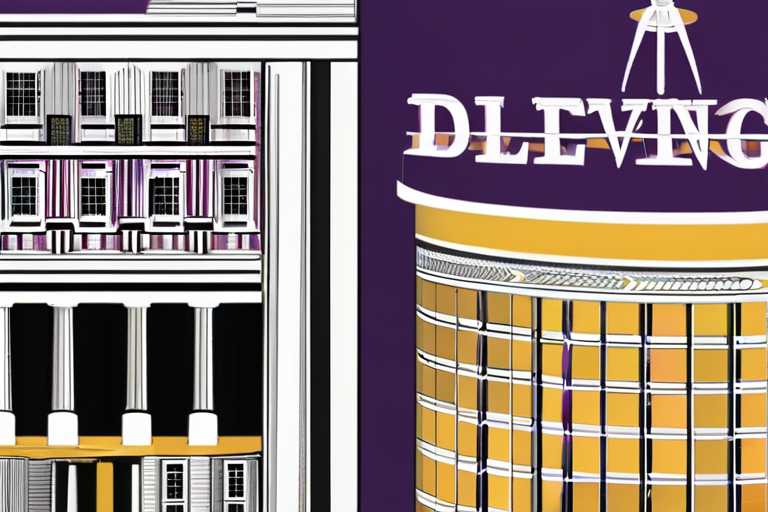




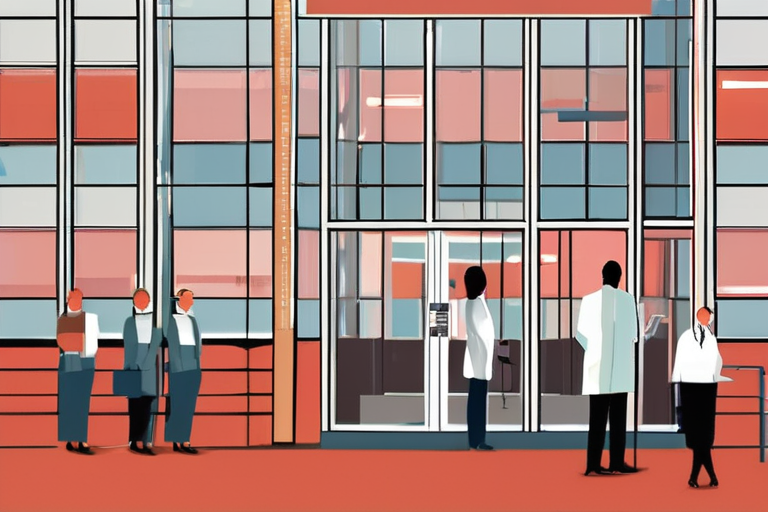


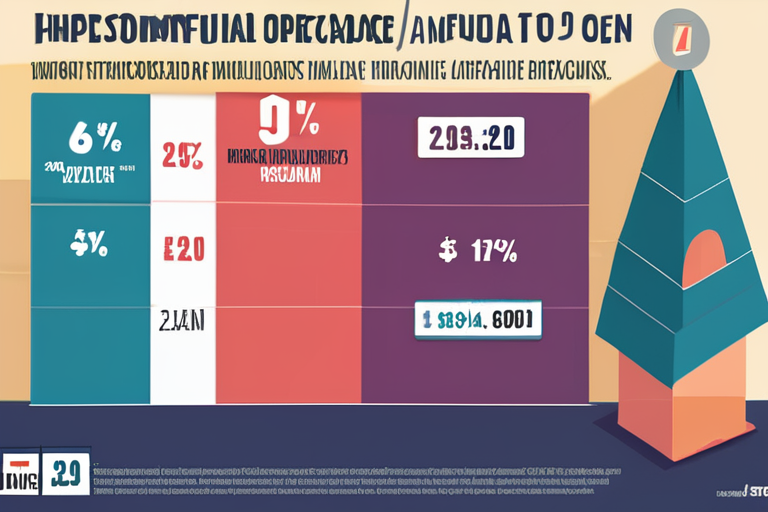
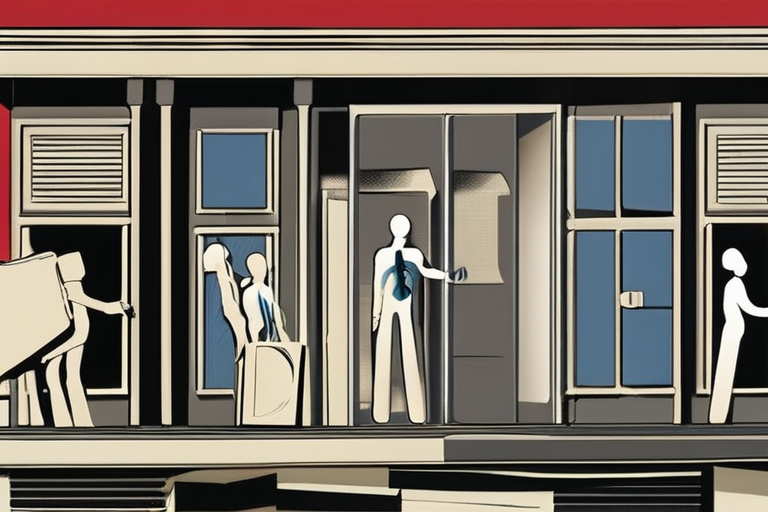
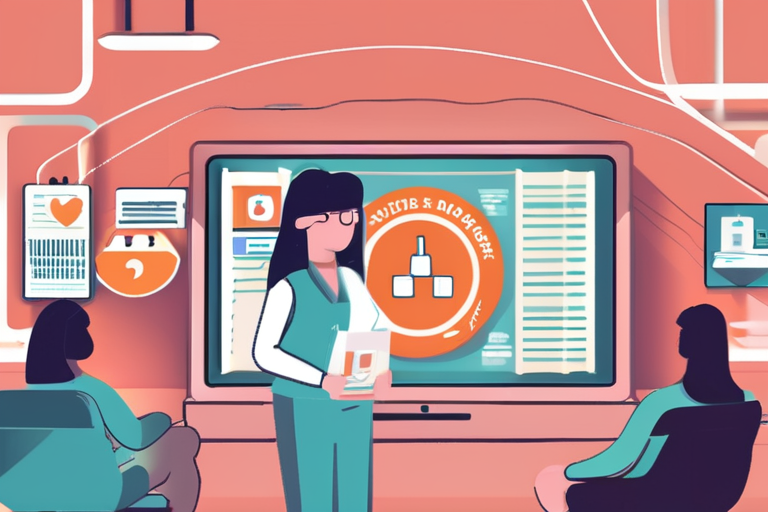

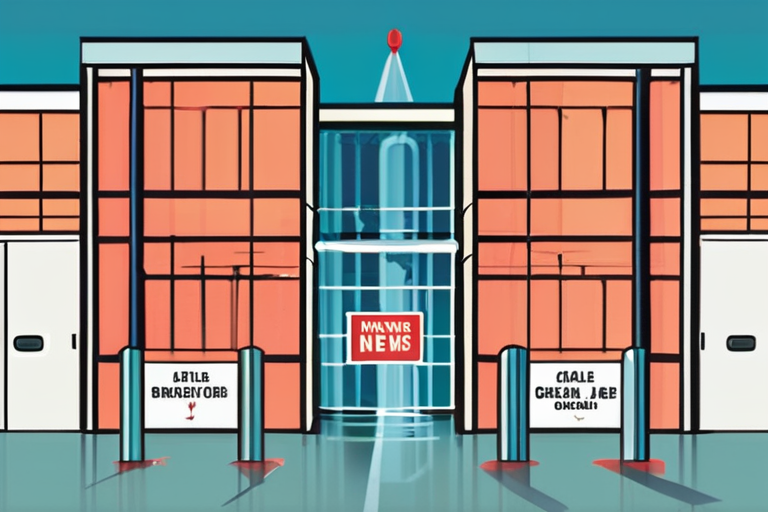


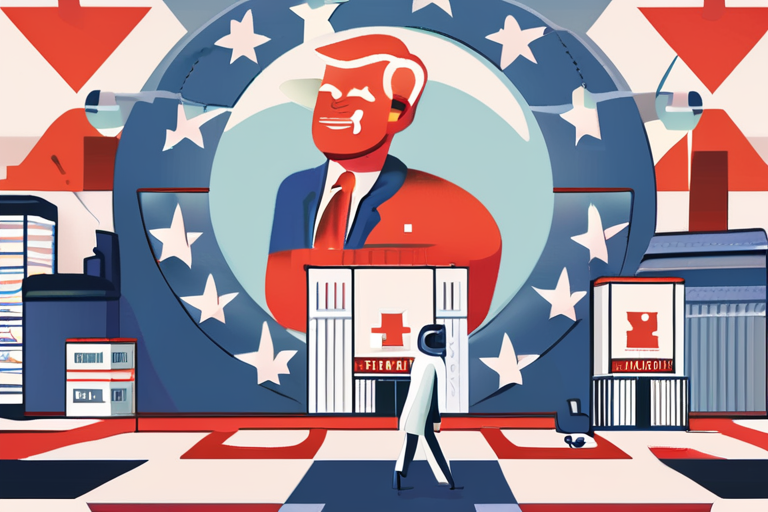


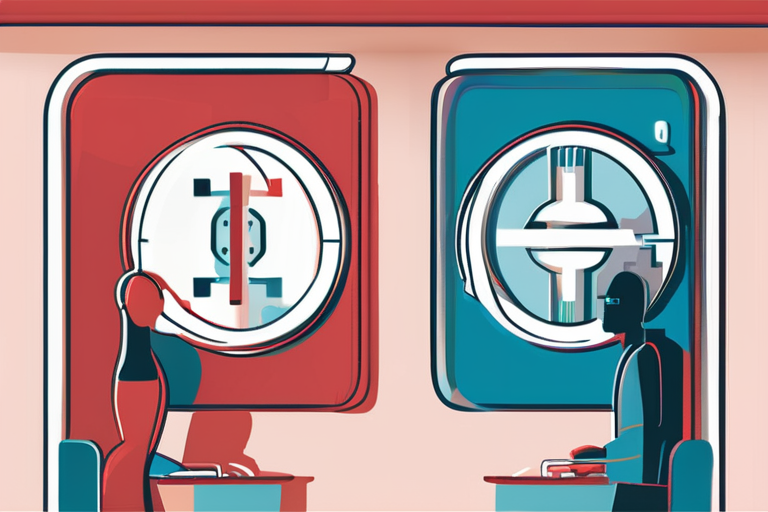


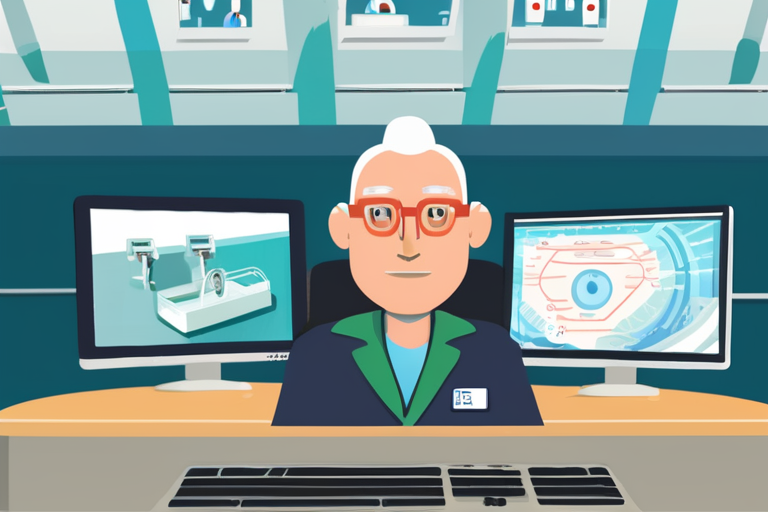
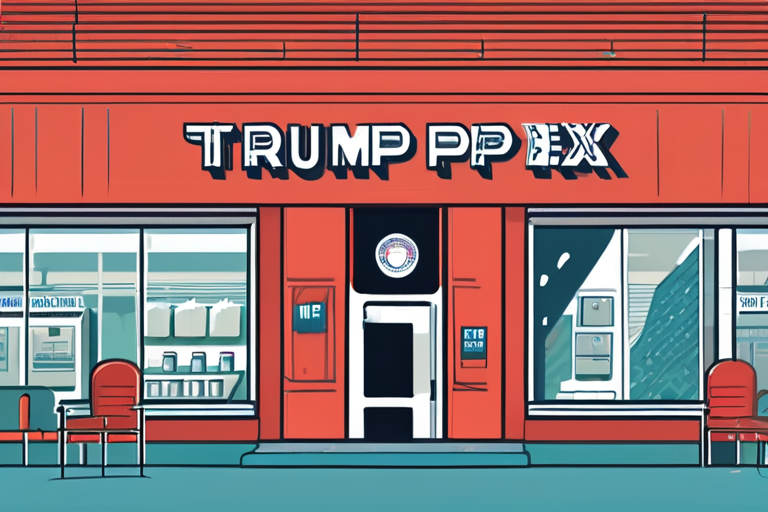
Share & Engage Share
Share this article